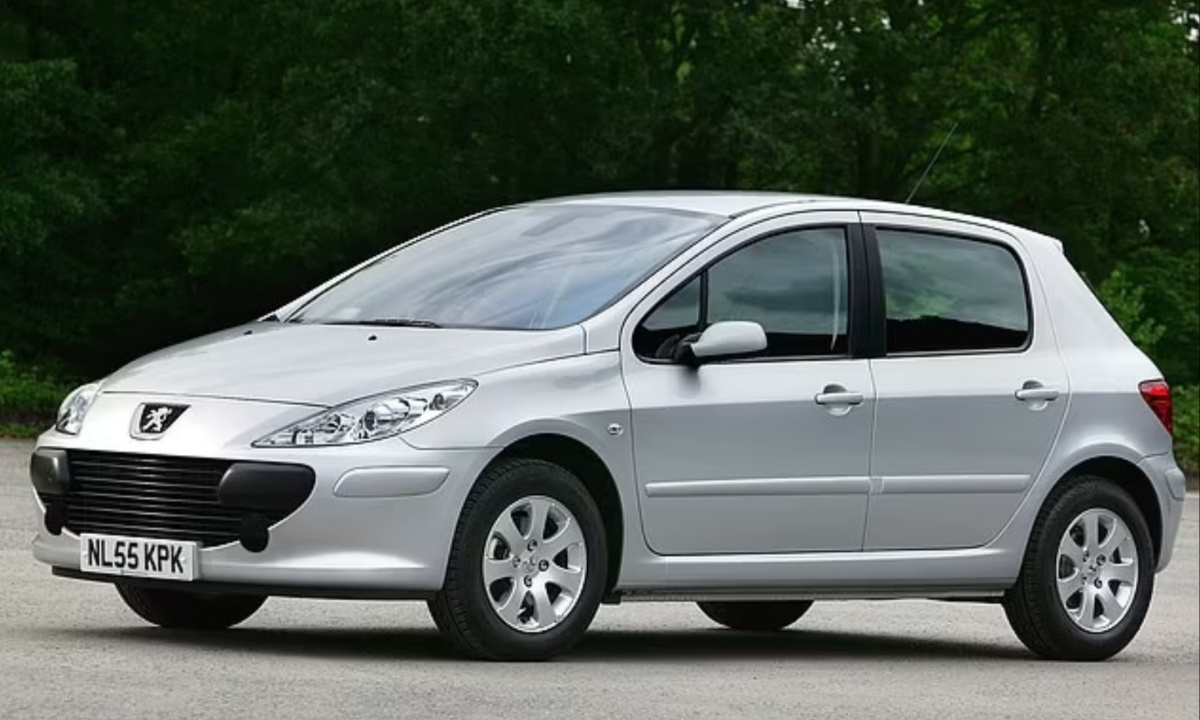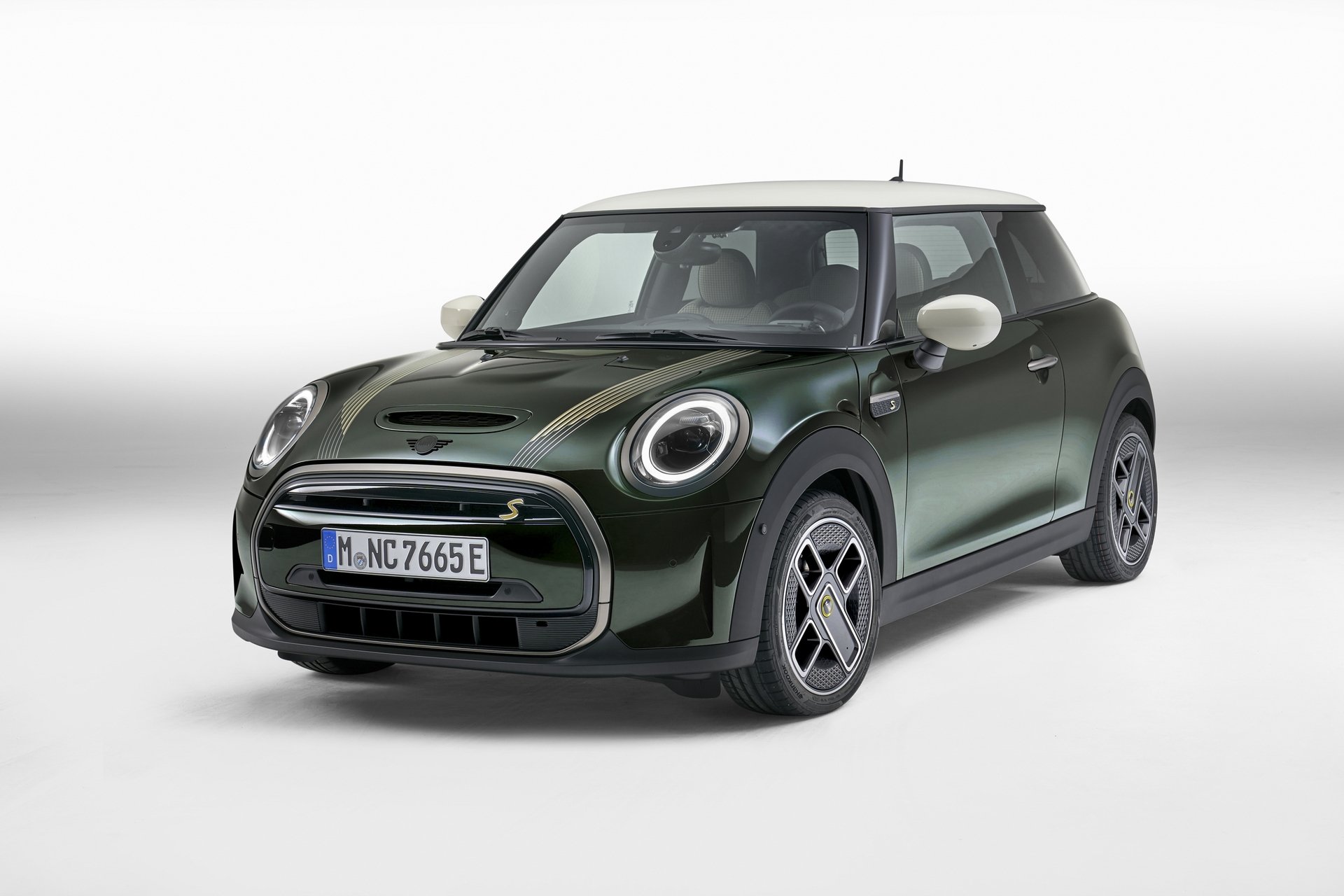A recent report from the Driver and Vehicle Standards Agency (DVSA) revealed that cars are most likely to fail their MOT tests, highlighting those that could cost motorists hundreds of pounds in repairs. The data points to 10 models from the 2000s with particularly poor MOT pass rates, ranging from 45.3% to 48.9%. While the average pass rate for cars in the UK is 71.8%, these vehicles fall far below that standard, indicating significant issues with their reliability and condition. The report emphasizes that nearly 40,000 of these cars are still in use today in Britain.
The Mitsubishi Space Star (1999-2005) tops the list, with the worst pass rate of just 45.3%. Among the 636 cars tested, 340 failed, making it the most problematic model in terms of MOT performance. Following closely is the Peugeot 807 (2002-2010) at 46.1%, and the Citroen C8 (2003-2010) with a pass rate of 46.5%. These three cars are often plagued with mechanical issues that lead to MOT failures, underscoring the challenges owners face in keeping them roadworthy.

Other cars on the list include the Dodge Caliber (2006-2009), which has a pass rate of 47.2%, and the Daewoo Matiz (1998-2005) which has a pass rate of 47.5%. Both of these models also exhibit high failure rates during their MOTs. The Citroen Grand C4 Picasso, with 47.6% of the 2,875 tested failing, and the Chevrolet Kalos (2005-2008) round out the top offenders. These vehicles share similar issues that make them more likely to fail their first MOT attempt, such as engine or exhaust system problems.
Chevrolet’s Aveo (2000s) and Peugeot 307 (2000s) are also prominently on the list, with both cars failing roughly 50% of the time. The Aveo, tested 5,791 times, has a failure rate of 51.6%, while the Peugeot 307, tested 19,584 times, fails at 51.1%. The Chevrolet Lacetti (2000s), with a failure rate of 51.1% out of 1,380 tested cars, is also notable for its low MOT pass rate. These vehicles are known for having issues that lead to their high failure rates, including suspension and brake problems.
The DVSA data highlights not only the poor pass rates of these cars but also the financial implications for owners. Around 25.9% of the cars that fail their MOT tests initially have “dangerous defects,” which means they are not roadworthy and need significant repairs to pass a retest. This can result in costly repairs for owners who are already dealing with older, less reliable vehicles.

